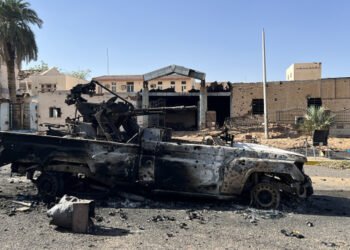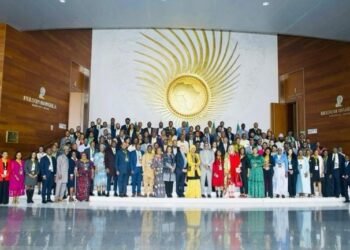Following the expiration of a three-day ceasefire on Wednesday morning, fighting erupted once more between the Sudanese military and a potent paramilitary force, civilians and aid groups confirmed.
The U.N. migration office reported that, the violence has resulted in thousands of deaths and that more than 2.5 million people have been forced to leave their homes for safer locations within Sudan and bordering neighbors.
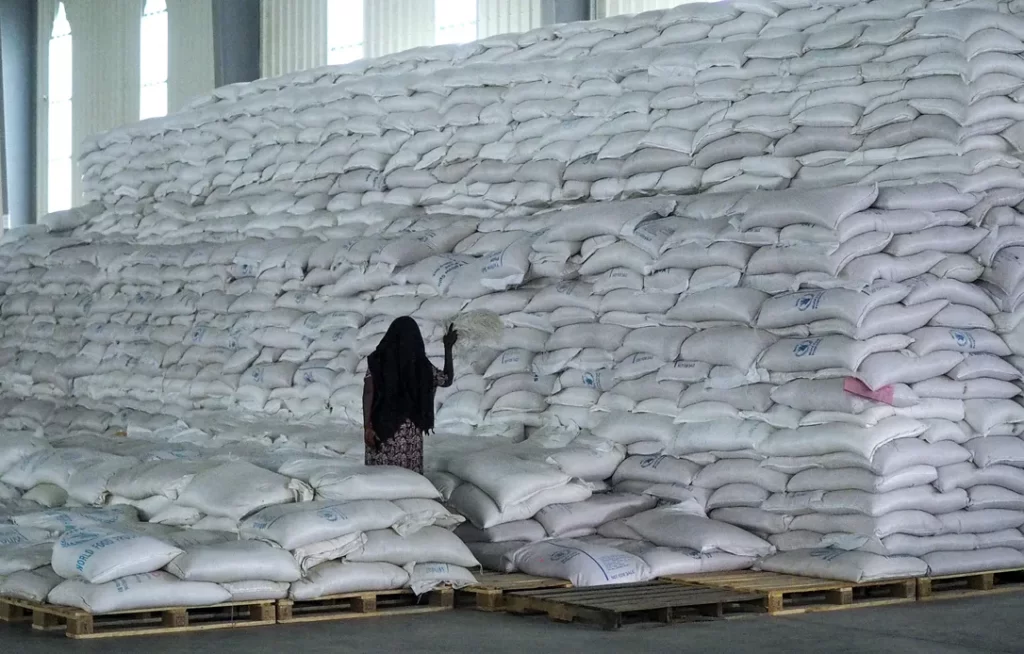
According to the U.N., 50 truckloads of aid were sent to different areas of Sudan over the course of the past month, including the first two days of the most recent cease-fire, totaling 17k tons.
Farhan Haq, a spokesman for the U.N., stated at the organization’s headquarters that, “we will continue to deliver, cease-fire or not,” and also reiterated that, the violence must end for the world organization to assist all those in need.
Haq further stated that, the World Health Organization (WHO) and the UN Population Fund (UNFPA) are “alarmed by the impact that attacks on health care are having on women and girls in the country” and that two-thirds of hospitals have been shut down in places affected by the conflict.
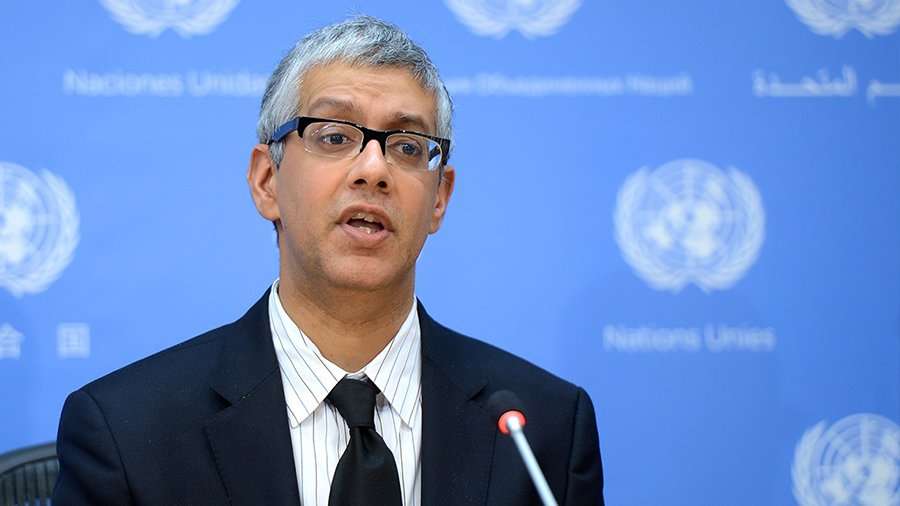
According to Haq, about 263,000 of women and girls in Sudan, who are in adulthood are expected to be pregnant, and “one third of them would be given birth in the next three months,” adding that, numerous maternity hospitals are inoperable. He emphasized that, each and every one of them would “need access to critical reproductive health services.”
Following months of escalating tensions between competing generals, aiming for leadership of the African nation, open warfare broke out in Sudan in the middle of April. Gen. Abdel-Fattah Al-Burhane’s military has been engaged in combat with Gen. Mohammed Hamdan Daglo’s Rapid Support Forces, a former militia turned paramilitary group.
In the midst of the bloodshed in West Darfur, thousands of refugees have fled the ongoing conflict in Sudan and moved to Chad. Based on the United Nations Refugee Agency (UNHCR) data, more than 115,000 Sudanese refugees have reportedly fled to the neighboring nation since the war commenced in mid-April.
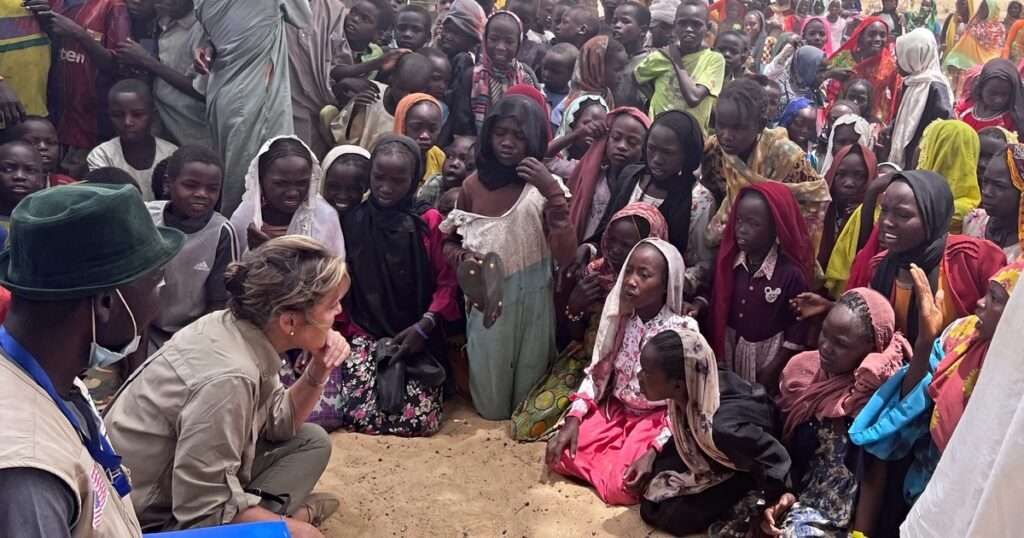
During her conversations with the refugees, Laura Lo Castro, the UNHCR representative in Chad, claimed that, they “described terrifying scenes, in which everyone had to flee for their lives.” She also mentioned the “massacres” that the refugees had to “leave behind,” since they “had to leave behind little children who couldn’t run, people who were injured, and the elderly.”
Sudanese refugee Mocktar Arbab, addressed media about his journey out of his country. Arbab also demonstrated to the media the location of his “shot in the back.” As the conflict continues, the UNHCR disclosed that, it has been collaborating closely with neighboring governments and partners to offer healthcare for refugees, and to get ready for more entries, according to the UN.
Failed Ceasefires
This post ceasefire clashes, add to the trends of other post ceasefire violence and failed ceasefires, that couldn’t materialize, since the conflict broke out.
However, the Sudanese Army pulled out of ceasefire negotiations, spearheaded by Saudi Arabia and the United State. The Army accused the Rapid Support Force of violating the previous ceasefire they both agreed to.
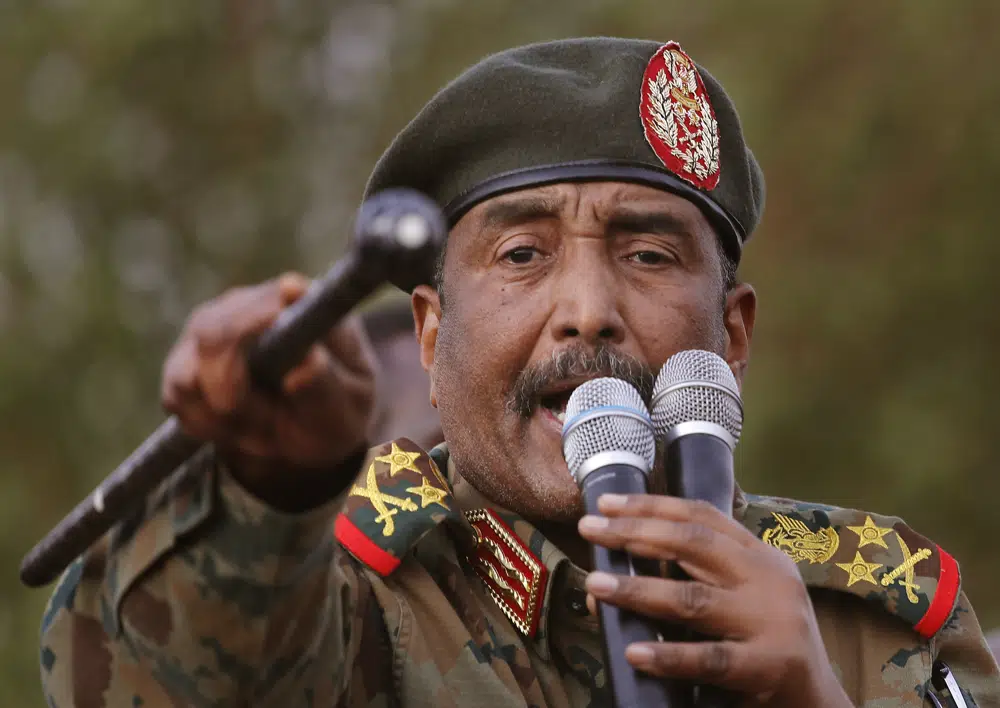
“The decision was made due to the rebel militia’s failure to meet any of the agreed-upon terms in the agreement and their continuous violations of the ceasefire,” the Army said in their statement.
In an official statement, the RSF replied to the allegations that, the Army was shelling civilian neighborhood. “As a result, the primary goal of the ceasefire, which is to address the dire humanitarian situation faced by the Sudanese people amidst the crisis, has been impeded,” the RSF said.



